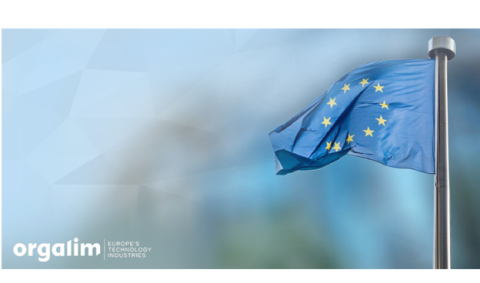Orgalim comments on the EU Standardisation Strategy
2 February 2022

Orgalim recognises the European Commission’s intention to strengthen Europe's leadership on standardisation reflected in the EU Standardisation Strategy released today. While the new strategy aims to develop a more strategic and coordinated approach to international standard setting, and to safeguard European interests in an increasingly complex international context, we note that the proposed actions should also be assessed in the context of the current dysfunction in the system which is severely hindering its ability to be timely, effective, and efficient.
"A strong and well-functioning European standardisation system is crucial to achieve the strategic objectives of the European Green Deal and the Digital Decade", says Orgalim Director General Malte Lohan. "The development of high-quality standards depends on the participation of industry, and therefore it is key that industry is actively involved in standardisation priority-setting."
We will analyse the strategy proposed today against this background, and we look forward to continuing to contribute to the discussion together with all stakeholders involved.
Orgalim has previously provided input to the strategy development, including through our position paper on the Standardisation Strategy Roadmap, and in joint industry recommendations together with other industry associations. Our President Rada Rodriguez also participated in a high-level workshop on the subject.
As major users of harmonised standards and key voluntary contributors both to the European standardisation system and to international standardisation, Europe's technology industries are highly dependent on an effective and harmonised European standardisation system. Orgalim will continue to be a strong advocate for a standardisation system that effectively supports the Single Market, European competitiveness and innovation.
The development of high-quality standards depends on the participation of industry, and therefore it is key that industry is actively involved in standardisation priority-setting

LATEST NEWS
How can we create a dynamic, competitive European high-tech manufacturing base?
Orgalim's key recommendations offer policymake...
